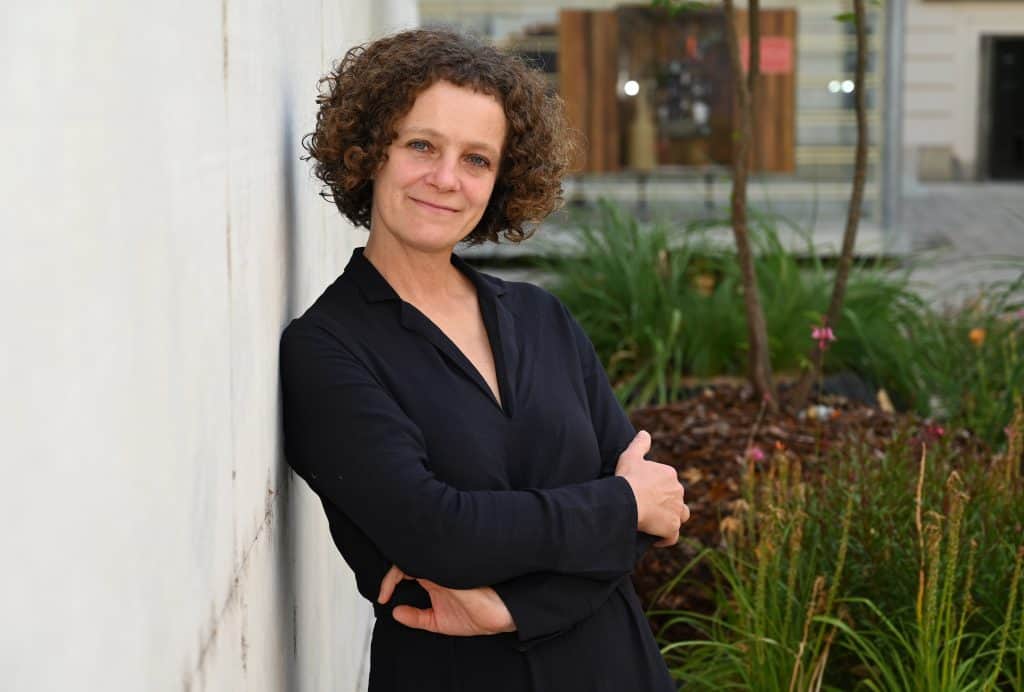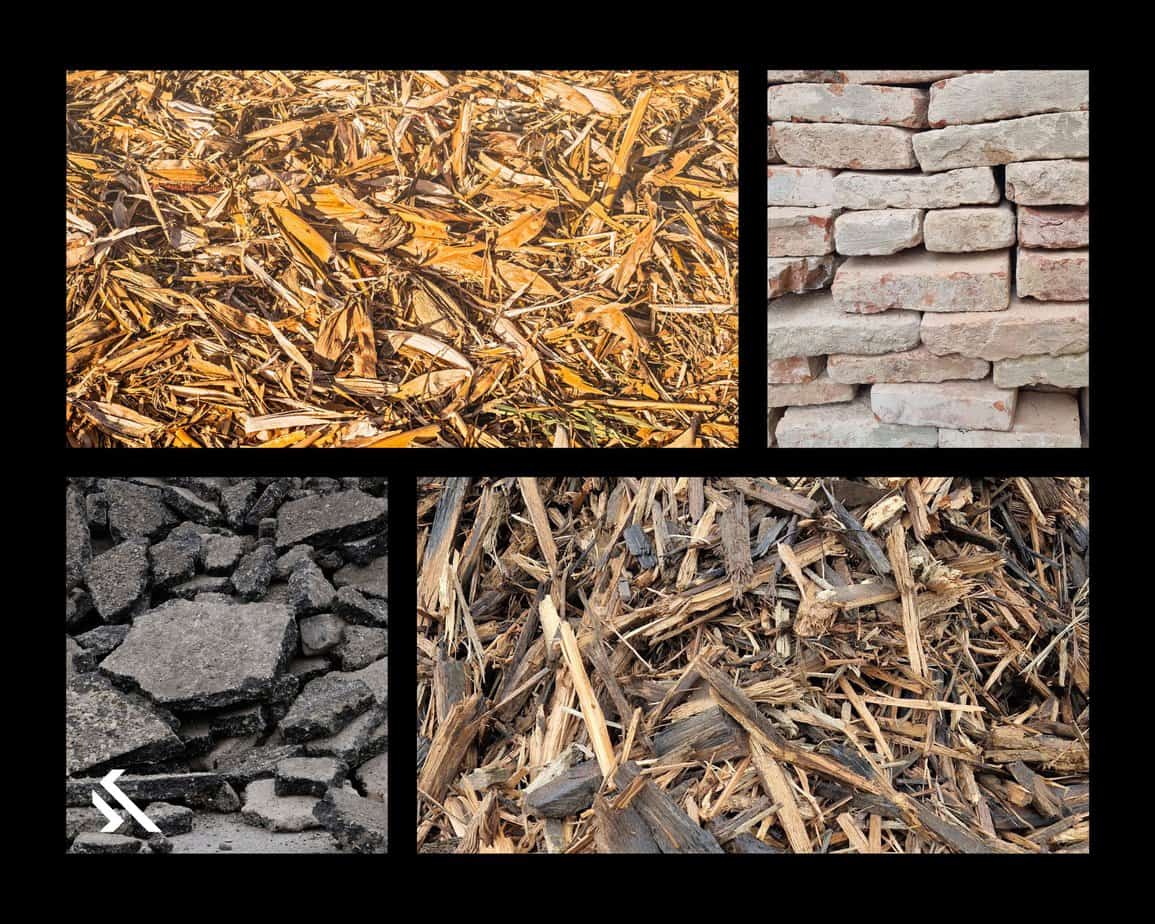The circular economy has reached the status of a global megatrend. This is shown by the current “Circularity Gap Report 2024”. Despite increasing attention, the global use of secondary resources has fallen to 7.2 percent. The recycling of existing resources is therefore more important than ever – as a pioneer of the circular economy, SECONTRADE has been promoting the efficient trading of high-quality secondary raw materials in Europe for six years.
“Words alone are not enough. Now is the time to act,” emphasises Brigitte Reich, Managing Director of SECONTRADE, considering the current Circularity Gap Report 2024. As the report shows, the number of discussions, debates and articles on the circular economy has tripled over the past five years – but the global circular economy has fallen by a fifth to 7.2 percent since 2018. The use of high-quality secondary raw materials is therefore crucial for an active circular economy. This is the only way to ensure that the increasing demand for raw materials in resource-intensive industry such as construction can be covered in the future.
Second chance for construction waste
Worldwide, two thirds of waste is attributable to the construction industry, which is almost 40 percent of global CO2 emissions. The circuit-oriented development of buildings and the extension of the useful life of existing buildings are crucial for closing the gap in the circular economy. SECONTRADE recognised this need and expanded its portfolio last year with the addition of high-demand construction waste, biogenic residues and wood waste. The digital marketplace thus acts as a hub for the utilisation of excavated soil and construction and demolition waste. The potential is huge – but not yet exhausted, as SECONTRADE Managing Director Brigitte Reich emphasises: “A secure legal framework and financial incentives are needed for the widespread use of high-quality secondary raw materials. This is the only way we can move from talking into acting and put new solutions into practice.”
Biogenic residues as valuable resources
The importance of biogenic residues, including wood, is also steadily increasing in agriculture and forestry. The Austrian strategies for the circular economy and bioeconomy are strengthening the replacement of fossil resources with renewable raw materials in as many areas and applications as possible. SECONTRADE takes this into account and gives biogenic residues a platform as valuable materials on the digital marketplace. This enables the products to be upcycled for a higher-value use. Depending on the raw material, this results in a wide range of applications, for example in material utilisation as compost or insulation materials and as biomass for energy production. “The reuse of biogenic waste such as green waste, sewage sludge and agricultural by-products saves natural resources. This reduces energy consumption and CO2 emissions and ensures stable regional value creation,” explains Brigitte Reich.

Living contribution to the domestic economy
The idea of SECONTRADE gains additional relevance against the background of current challenges. The pandemic, supply chain and raw material shortages as well as the Ukraine war with its accompanying energy crises have clearly shown that an independent supply of raw materials in Austria and Europe is crucial for a stable, regional economy. For this, SECONTRADE offers an efficient solution and connects the supply and demand of high-quality secondary raw materials in real time. “With our digital marketplace, we provide valuable materials exactly where they are needed,” says Reich. “In this way, we ensure that resources that are already available on the market are traded and put to a higher-value use. This reduces dependency on imports and enables enormous potential savings in terms of resources, energy and transport routes.”
SECONTRADE is available to the industry and waste management sector as a partner for the future to make an active contribution to climate and environmental protection together.

